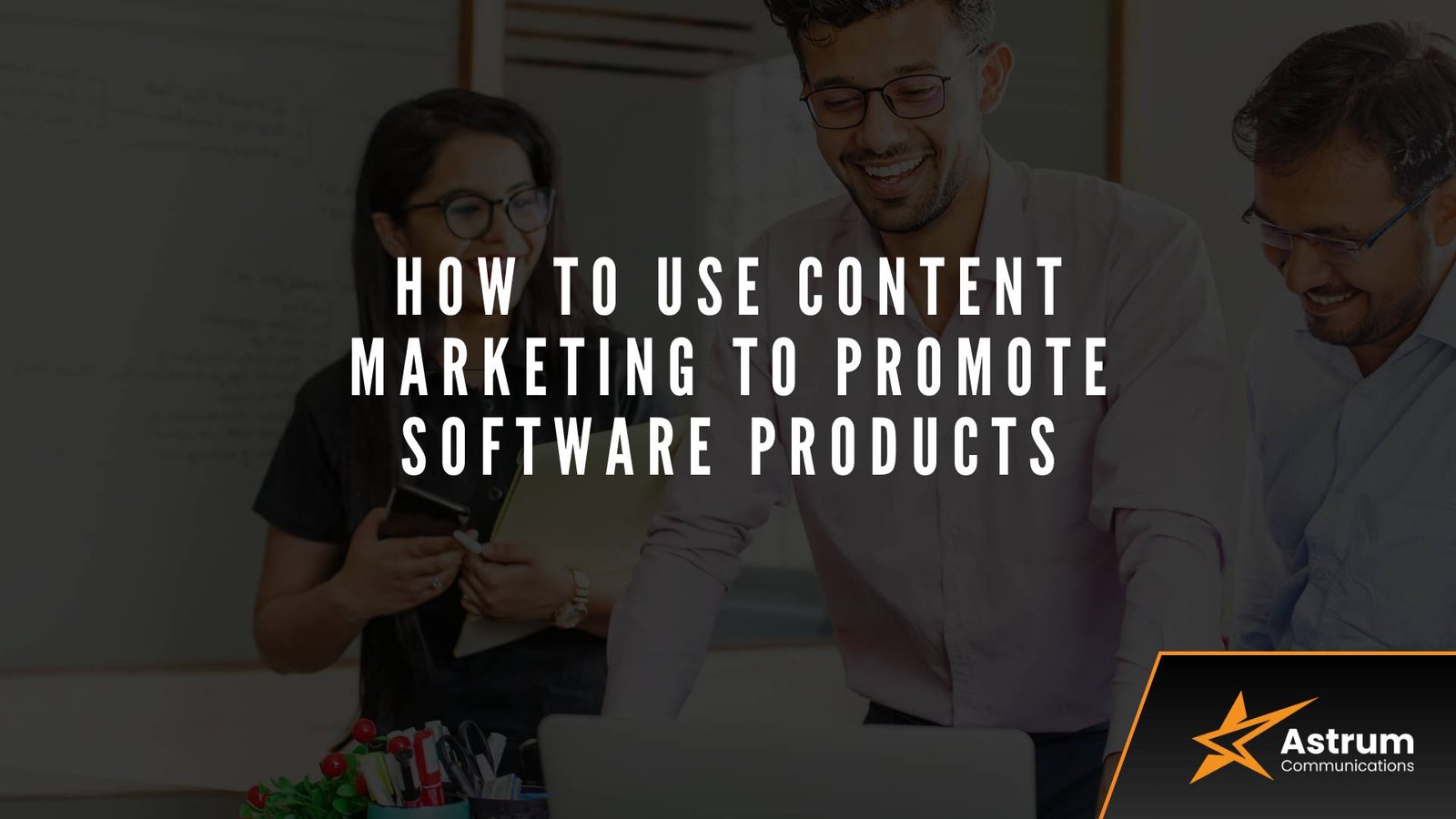Content marketing is essential for promoting software products. By creating valuable, informative content that showcases your expertise, you can build trust with your audience and enhance your brand’s online visibility. Focus on relevant topics and optimize your content for search engines to establish authority and attract potential users.
Table of Contents
ToggleCreating Blog Posts That Highlight Key Features and Use Cases
Creating blog posts that highlight key features and use cases is essential for promoting software products through content marketing. By focusing on specific functionalities and practical applications, you can establish your brand as an authority in your niche. Start by identifying the software’s most compelling features and the problems they solve. Develop posts that illustrate real-life scenarios, allowing potential users to see the software in action. Use clear, relatable language and examples that resonate with your target audience. Incorporate relevant keywords naturally to enhance your visibility in search engines, aligning with entity SEO principles. This approach not only attracts visitors but also builds trust, encouraging them to explore your software further and ultimately drive conversions. Engaging, informative content can position your software as a go-to solution while enhancing your overall content marketing strategy.
Offering Free Resources (E-books, Webinars) as Lead Magnets
Offering free resources like e-books and webinars serves as an effective lead magnet for promoting software products through content marketing. These resources attract potential customers by providing valuable insights and addressing their specific pain points. When creating e-books or webinars, focus on topics that showcase your expertise and align with your software’s capabilities. This approach establishes topical authority, making your brand a trusted source in the industry. Additionally, by optimizing content for entity SEO, you can improve search visibility, drawing in a targeted audience interested in your software solutions. Ultimately, these free offerings not only generate leads but also nurture relationships, guiding prospects through their buying journey while positioning your software product as the ideal solution.
Writing Case Studies and Success Stories for Social Proof
Writing case studies and success stories is a powerful way to build social proof for your software products. These narratives highlight real-world applications of your software, showcasing its impact on customers’ challenges and goals. By detailing specific instances of how your product improved processes or outcomes, you create relatable content that resonates with potential users. Incorporating keywords related to your industry and actual user experiences helps establish topical authority, signaling to search engines that your content is relevant and trustworthy. Sharing these stories across your marketing channels not only enhances credibility but also attracts organic traffic, as they align closely with the needs and interests of your target audience. Ultimately, effective case studies and success stories serve as compelling testimonials that reinforce your brand’s reliability and effectiveness in solving real problems.
Producing Video Tutorials and Demos to Explain Software Benefits
Producing video tutorials and demos is a powerful strategy for showcasing the benefits of software products. By creating clear, informative videos, you can engage potential customers and demonstrate how your software solves specific problems. These videos serve as valuable content that can bolster your authority in the industry, positioning your brand as a trusted resource.
Incorporating targeted keywords related to your software’s features enhances the videos’ visibility, aligning with entity SEO principles. Share these tutorials across various platforms, enhancing your content marketing efforts and attracting a wider audience. Additionally, consider using user testimonials within the videos to build credibility. Overall, well-produced tutorials not only highlight your software’s benefits but also establish your brand as an authority in the software landscape.
Promoting Content Through Email Campaigns and Social Media
Promoting content through email campaigns and social media is essential for boosting the visibility of software products. Email campaigns allow for targeted messaging to your audience, keeping them engaged with valuable content that highlights your software’s features and benefits. By segmenting your email lists, you can tailor content that resonates with specific user needs.
On social media, sharing informative articles, videos, and infographics can increase awareness and drive traffic to your website. Establishing topical authority by consistently sharing relevant insights positions your brand as a trusted resource. Additionally, using entity SEO strategies helps enhance your visibility in search engines, connecting your software product with related topics and terms.
Together, these channels create a cohesive strategy for promoting content, fostering relationships with potential customers, and ultimately increasing conversions for your software products.
Using SEO to Drive Organic Traffic to Content Pages
Using SEO to drive organic traffic to content pages is essential for promoting software products effectively. By focusing on relevant keywords and creating high-quality, informative content, businesses can enhance their visibility in search results. Establishing topical authority involves producing in-depth articles that address specific subjects within your niche, positioning your brand as a trusted resource. This not only attracts more visitors but also builds credibility.
Entity SEO plays a key role by helping search engines understand the connections between your content and related topics. Incorporate relevant entities in your articles to enrich the reader’s experience and improve search rankings. By consistently optimizing content with these strategies, software companies can strengthen their online presence and encourage more organic traffic, ultimately leading to increased product awareness and customer engagement.
Tracking Content Engagement and Leads Through Google Analytics
Tracking content engagement and leads through Google Analytics is essential for enhancing your content marketing efforts when promoting software products. By analyzing metrics such as page views, session duration, and bounce rates, you can assess which pieces of content resonate most with your audience. This information helps establish topical authority, ensuring your content remains relevant and valuable in your niche. Additionally, monitoring user behavior, such as conversions from educational resources or product demos, provides insights into lead generation. By understanding which topics lead to increased engagement and higher conversion rates, you can refine your content strategy, optimizing for specific keywords that align with your software products. Ultimately, this data-driven approach not only boosts visibility but also fosters trust with your audience, paving the way for successful software promotion.
Conclusion
In conclusion, crafting blog posts that showcase key features and use cases effectively enhances your content marketing strategy for software products. By focusing on topical authority and entity SEO, you position your brand as a trusted resource, attracting and engaging your target audience. Consistent, informative content can significantly boost your visibility and drive conversions. For tailored digital marketing solutions that elevate your software’s online presence, consider partnering with Astrum Communications. We’re here to help you succeed!


